How the Iran-Israel conflict overshadows Ukraine Gaza 2.0?
Observers have likely been following the escalating tensions between Iran and Israel. What are the broader implications of this conflict? Has enough consideration been given to its wider consequences? Meanwhile, Ukraine appears to have been largely forgotten. From major international media outlets to the leaders of the world’s foremost democratic nations, the focus on Ukraine has noticeably diminished.
At the recent G7 summit in Kananaskis—a name as challenging to pronounce as the situation is complex—Ukraine was mentioned only briefly. The topic was addressed so fleetingly that US President Donald Trump departed early, a behaviour consistent with his previous actions of avoiding prolonged diplomatic gatherings. Trump openly criticised French President Emmanuel Macron, accusing him of lagging behind and making dismissive remarks about his own early departure.
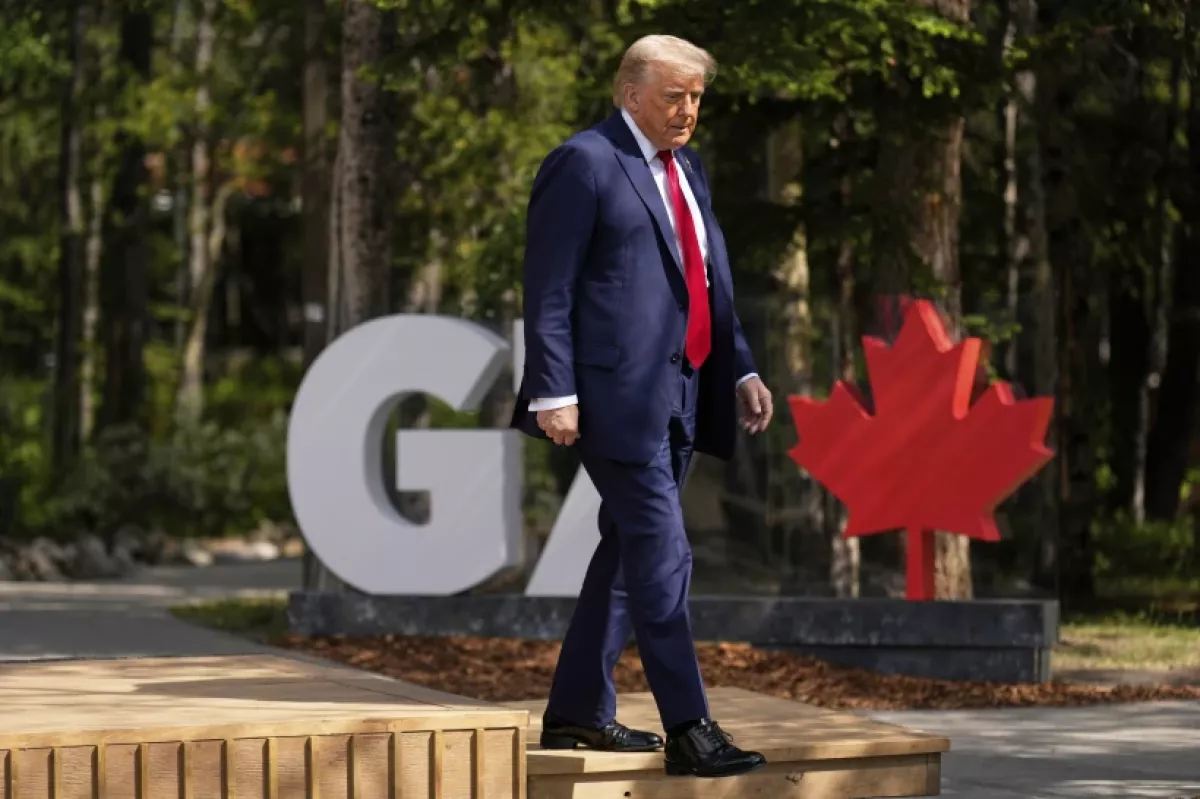
Ukraine
Among the many international developments unfavourable to Kyiv, the active escalation between Tehran and Tel Aviv ranks among the most concerning. Ukrainian authorities have had to exert enormous diplomatic effort to avoid being completely overshadowed following the outbreak of the Gaza war. The emergence of a new conflict is pushing the Russia–Ukraine war further into the background — a dynamic that plays to the Kremlin’s advantage. Arms supplies, already in short supply, are likely to diminish further, especially as Israel and Iran appear to be preparing for a long-range missile confrontation. Israel may soon require precisely the weapons systems — such as additional air defence platforms and long-range missiles — that Ukraine has been urgently requesting.
Setting Ukraine aside, there is cause for satisfaction in Moscow. The Kremlin now has the opportunity to present itself as a peacemaker. Russia maintains relatively strong relations with Tehran and continues to engage with Israel, albeit with less mutual trust. Moreover, the U.S. President has indicated that Vladimir Putin could be considered a potential mediator. Yet there are complications. The very Shahed drones now being launched toward Tel Aviv and Haifa were once supplied in generous quantities to Moscow by Iran. That cooperation may no longer be viable under the current circumstances.

China
And what of China? Beijing's stance seems to serve as a subtle reminder that even the most sophisticated air defence systems cannot guarantee full protection from large-scale aerial attacks. A handful of missiles per day may be manageable — hundreds are another matter entirely. While expressing cautious support for Tehran, China has also called on all parties to seek peaceful solutions — a message reminiscent of the pacifist motto of Leopold the Cat, the beloved character from a well-known Soviet cartoon.
Pakistan
What role does it play in this unfolding situation? As a longstanding and genuine ally of Azerbaijan, Pakistan reacted forcefully, issuing a sharply worded statement declaring it would not remain on the sidelines. It called on the Muslim world to unite against what it described as a threat from Israel. While the rhetoric was bold, the reality is more complex. The Muslim world remains deeply fragmented in its relations with Israel — as it is on many other geopolitical issues. Unity remains elusive, with states preferring to act independently, occasionally forming temporary alliances rather than a cohesive front.
Europe
Perhaps the word that best captures the continent’s stance is “concerned.” Not in a lighthearted sense, but in that Europe appears mentally and diplomatically overwhelmed. Constantly worried, frequently reactive, and increasingly uncertain, European states are struggling to manage growing geopolitical pressures. The latest example: France, which had been scheduled to co-host a high-level UN conference in New York alongside Saudi Arabia to address the Palestinian issue and the two-state solution, has indefinitely postponed the event. The cancellation reflects a shifting global focus — and a strategic win for Israel, which had strongly opposed the meeting. With the Palestinian population steadily shrinking, some worry the issue may soon fade not through resolution, but through attrition.
Gaza
The Gaza Strip is increasingly beginning to resemble a sealed chamber of suffering. To be clear: the pain and outrage felt by the Jewish people in response to the atrocities of October 2023 are entirely understandable. The brutality of that day — including the massacre of innocent civilians, such as those attending a music festival — was unconscionable. It is equally difficult to comprehend the mindset of those who carried out the attack, fully aware that it would provoke a disproportionate and devastating Israeli military response. Their actions not only targeted Israeli civilians but also condemned countless Palestinian civilians to retaliation, hardship, and death — a reality often ignored by those who conflate militants with the broader population of Gaza.
Yet even tragedy must have boundaries. Israel’s current military operations have increasingly come under criticism for crossing moral and humanitarian lines. Unless, of course, the objective is one that echoes a chilling logic: "no people, no problem."
The Israeli–Palestinian conflict remains one of the most tragic and complex disputes of modern times — a geopolitical version of the eternal “chicken-and-egg” dilemma. Palestinians often point to their radicalisation as a product of utter despair, shaped by decades of displacement, blockade, and life under conditions that many liken to open-air imprisonment. Israelis, in turn, cite a long history of missed diplomatic opportunities, often squandered due to internal divisions among Palestinian leadership and the perceived unreliability of their negotiating counterparts. The late Yasser Arafat, with his complicated legacy, stands as a symbol of both aspiration and failure in this regard.
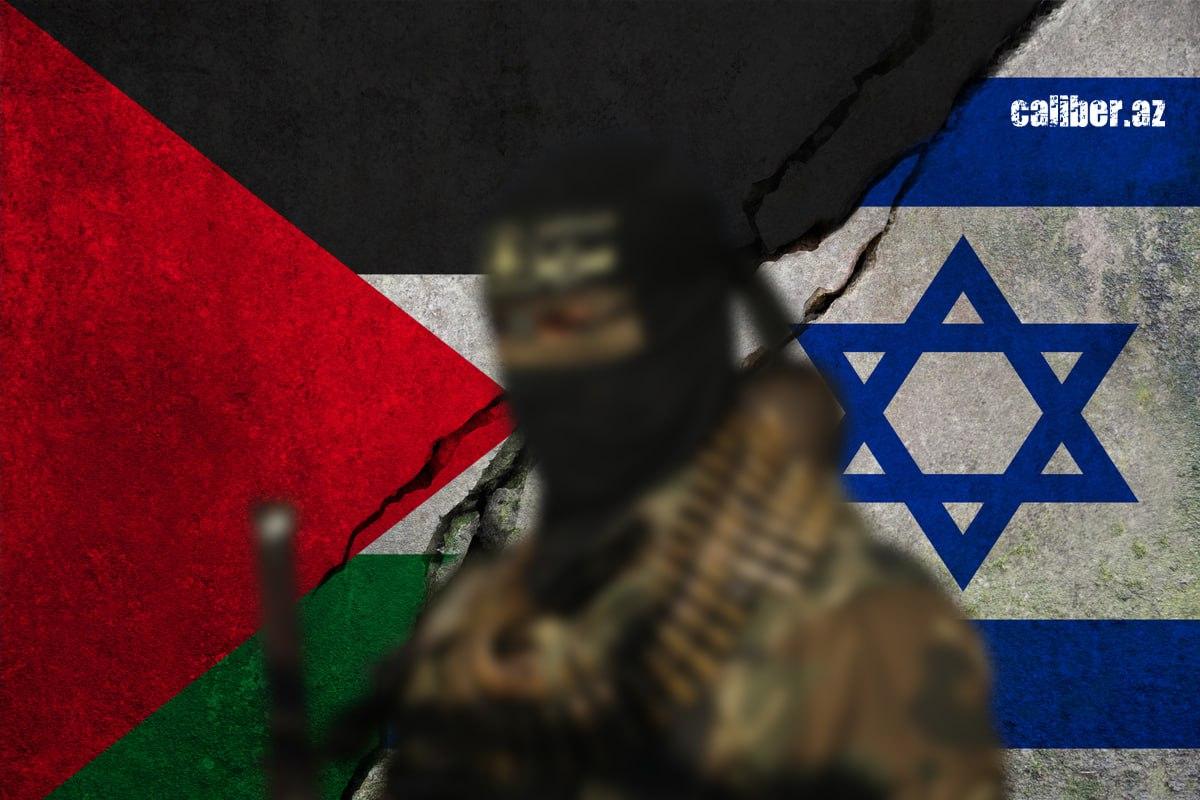
Through its operations targeting Tehran, Tel Aviv has successfully shifted attention away from Gaza — much as it did earlier with Ukraine. While Israeli complaints about Iranian aggression may appear less convincing when contrasted with the harrowing daily toll of IDF airstrikes on what remains of Gaza, it is important to remember that, despite growing criticism of Israel’s actions, Iran’s international image remains far worse. This is due in part to its role in constructing and sustaining a regional network of proxy forces under the banner of a "pro-Iranian coalition."
There is a certain irony at play. Both Russia and Iran were instrumental in supporting Bashar al-Assad in Syria. Yet Assad ultimately slipped out of the spotlight — reportedly finding refuge in Russia — and both Tehran and Moscow were gradually marginalised. For Iran, this sidelining was especially painful, given its significant investment in Syria as a key pillar of its regional strategy.
The paradox for Iran lies in the fact that its seasoned geopolitical strategists now face an unexpectedly difficult position. Tehran has long demonstrated tactical finesse in navigating regional crises. Its most striking achievement remains the elimination of arch-rival Saddam Hussein — not by its own hand, but through the intervention of the U.S. military. America fought the war in Iraq; Iran reaped the strategic dividends. In the years that followed, Iran’s influence expanded across Iraq, Syria, Lebanon, and Yemen, positioning itself as a dominant force in the broader Muslim and Arab world.
But in classic geopolitical fashion, the clerical establishment in Tehran overplayed its hand. Emboldened by perceived momentum, Iran continued to raise the stakes — misreading the regional and global signals. Tel Aviv, seizing the strategic opening created by the events of October 2023, recalibrated its priorities and launched a broader campaign to counter Iranian influence.
Today, Israel has largely exhausted its international reservoir of sympathy and support. Public sentiment — particularly in the West — has increasingly aligned with the Palestinians, who are widely viewed as victims of disproportionate force. This perception is only reinforced by the images of destruction and human suffering emerging from Gaza.
Yet from Israel’s perspective, the end justifies the means — especially when those means are effective. The objective is not only to neutralise Hamas or suppress Palestinian resistance but also to significantly weaken Iran, which Israel sees as its existential adversary. And, to some extent, that objective is being realised.
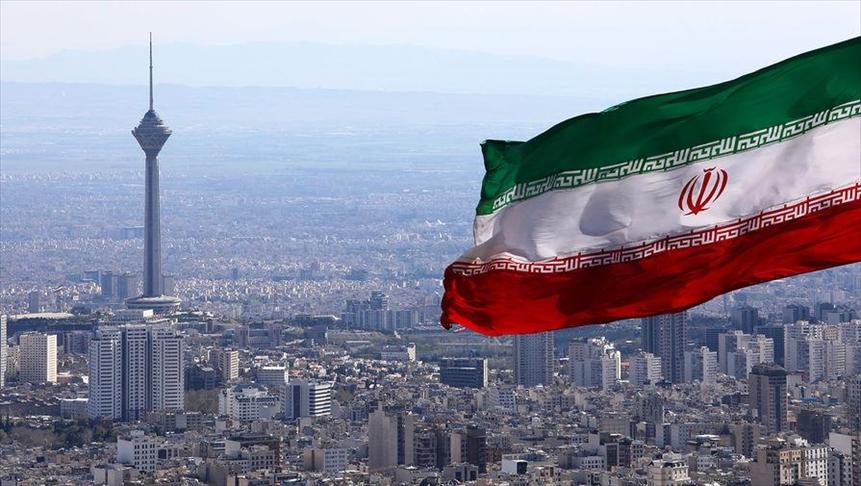
Not long ago, Iraq—once a compliant ally of Iran—has grown increasingly independent, in part due to the passing of Suleiman Qasemi, the commander of the Quds Force who was widely regarded as the architect of Iran’s overseas operations. Alongside him was Abu Mahdi al-Muhandis, Iran’s key overseer in Iraq and deputy commander of the Popular Mobilization Forces (Hashd al-Shaabi). These forces played a pivotal role in defeating the Islamic State and reportedly cooperated closely with the United States and other Western allies during the campaign. Yet the adage “the enemy of my enemy is not always my friend” rings true — alliances forged in necessity often prove temporary.
Syria, once a loyal vassal in Tehran’s regional network, is becoming an increasing source of frustration. Hezbollah, while still threatening retaliation against the U.S. if Washington intervenes directly, has been significantly weakened by repeated Israeli strikes. A similar pattern applies to Hamas. Meanwhile, the Houthi rebels in Yemen remain tenacious fighters but lack the capacity to decisively influence the broader conflict’s trajectory.
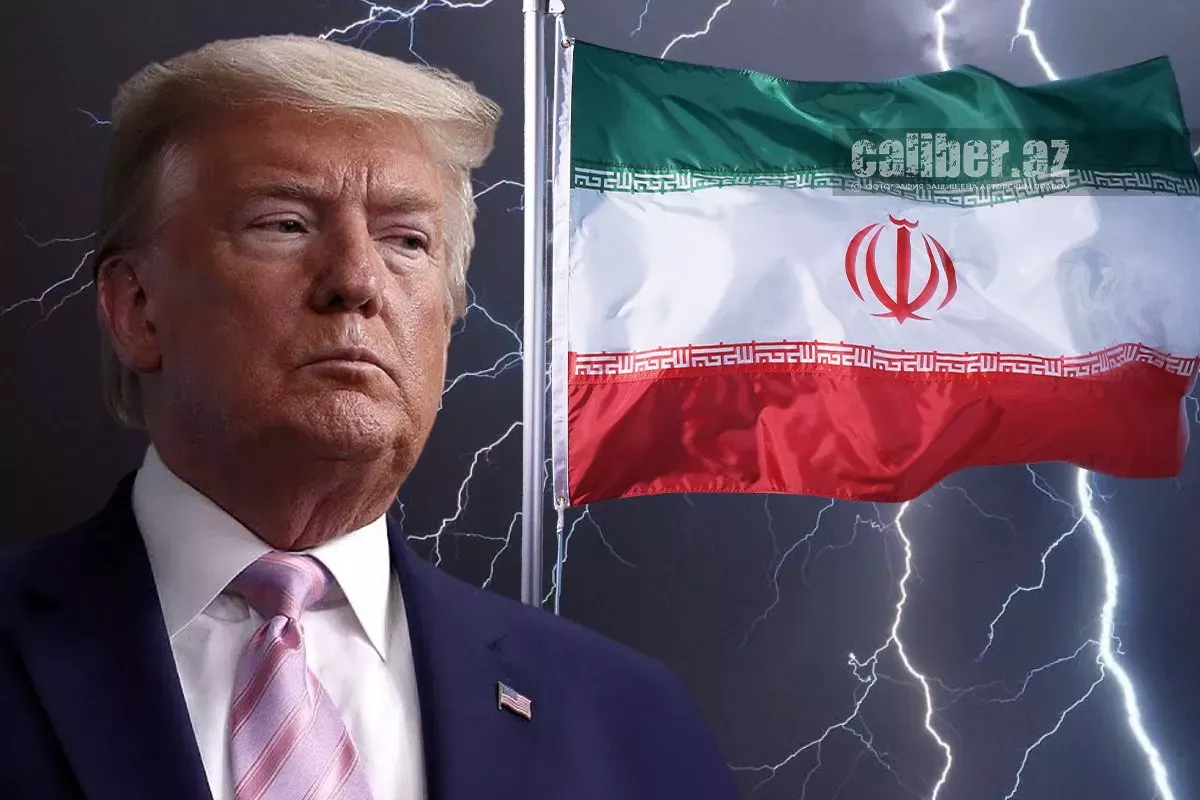
What about the United States?
The influence and power of the United States in the region remain undeniable. Both traditional ally Tel Aviv and the embittered Tehran look to Washington. While Iran frequently accuses the U.S. of enabling Israeli attacks, it continues to seek American mediation — even if only through unofficial or semi-official channels. Notably, there have been no direct attacks against the United States, reflecting Iranian authorities’ understanding that antagonising Washington in this context would be tantamount to inviting swift and severe repercussions.
Türkiye’s position
Türkiye has taken the expected stance, shaped by its historically complex relationship with Israel. However, the ties between Tehran and Ankara are far from fraternal. The two nations differ on a range of regional issues, including critical transport corridors and communication links. This divergence inevitably circles back to Azerbaijan’s position in the intricate regional power game — a strategic solitaire with elements of poker.
Azerbaijan’s stance
Official Baku appears poised to benefit from its measured and pragmatic approach. Despite occasional tensions with its southern neighbour, no one in Azerbaijan is celebrating the potential weakening of the Iranian regime — especially given the uncertainty about what might follow. Azerbaijan consistently advocates for peace, stability, and good neighbourly relations in the region.
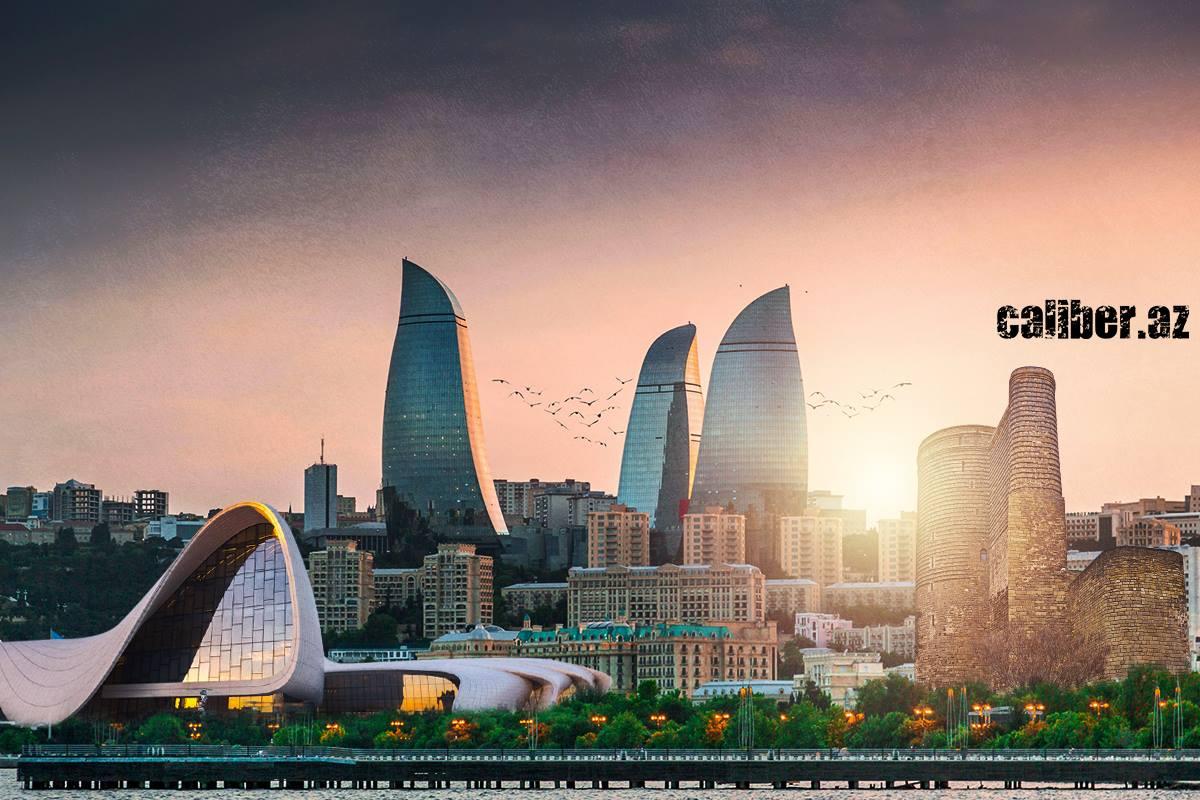
There is genuine sympathy to be felt for the ordinary people caught in the crossfire in both Iran and Israel. Too often, they are forgotten amid the political and military turmoil.
Finally, a few predictions (with the hope that some may prove accurate): Tel Aviv is unlikely to pause its campaign anytime soon. Israel is engaged in a painful yet strategically advantageous game, seeking to extract the maximum possible gains. Meanwhile, Iran faces the delicate challenge of balancing its desire to save face with preserving the “Islamic” identity central to its regime. The Iranian leadership cannot afford to capitulate, nor are they likely to accept a “victory in defeat” akin to Iraq’s experience after Desert Storm. The Iranian people are resilient and discerning — those who lose wars rarely maintain power for long. They will not silently endure a transformation of Tehran into “Gaza 2.”
In this light, Israel’s seemingly improbable bet on sparking popular unrest within Iran is perhaps not so far-fetched. After all, who can replace a theocracy? Perhaps something even more sacred...








